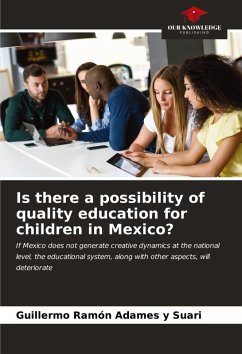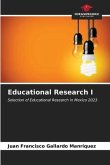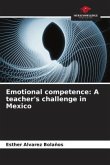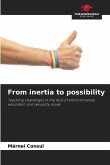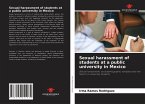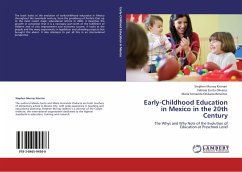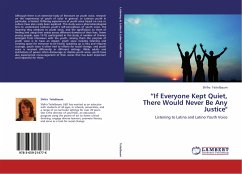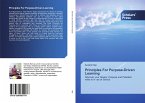Is there a chance for quality education for children in Mexico? A far-reaching question arises: How can we take advantage of the experience of other countries that have been successful with their educational policies and apply them in Mexico? Clearly we can learn from what has worked elsewhere, but how can we adapt those policies to our local reality? To accomplish this, we must examine both foreign educational systems and our own system, since the results are intrinsically related to the suggestions I propose.This paper focuses on a more practical summary and evaluation, with an application-oriented approach, of the educational, social and political situation in Mexico. It addresses the problems affecting our current educational and social system, as well as the challenges impacting the country's development, such as population growth, immigration from various regions, and the persistent poverty affecting certain categories of the population in certain geographic areas. It also analyzes the problem of cartels and the political landscape in Mexico, and proposes several solutions.

